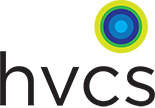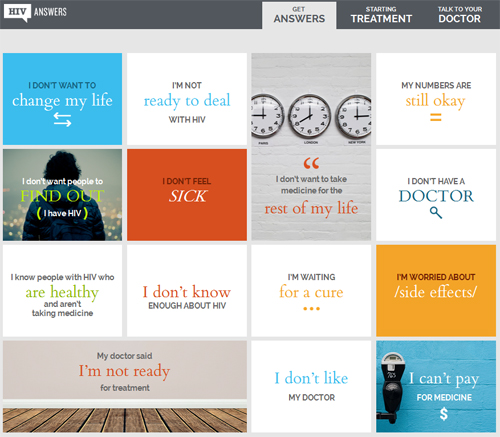This one-day training will help increase non-clinical health and human services provider’s knowledge of Hepatitis C screening and diagnosis and the importance of effective linkage to care for persons infected with the hepatitis C virus (HCV).
By the completion of this training, providers will be able to:
- Describe the burden of HCV disease.
- Identify HCV risk groups.
- Describe the NYS law with regard to offering an HCV screening test.
- Distinguish between HCV screening and diagnostic tests and the meaning of their results.
- Demonstrate the delivery of accurate HCV counseling messages based on test result.
- State and explain the importance of linking people infected with HCV to care.
- List two barriers and two solutions to effectively linking HCV infected persons to care.
- State at least two core components of an effective active HCV linkage to care model.
Prerequisite: It is strongly recommended that participants have basic knowledge of HCV or have previously attended, ‘Integrating Viral Hepatitis into Your Work,’ or, ‘HIV and HCV Co-infection,’ trainings.
Audience: All non-clinical health and human services providers
Continuing Education Credits: This training is provided under New York State Office of Alcoholism and Substance Abuse Services (OASAS) Education and Training Provider Certification Number 0305. Under the NYS OASAS Provider Certificate, this training is approved for 6.5 clock hours toward the education and training requirements for renewal of CASAC/CPP/CPS certification.


